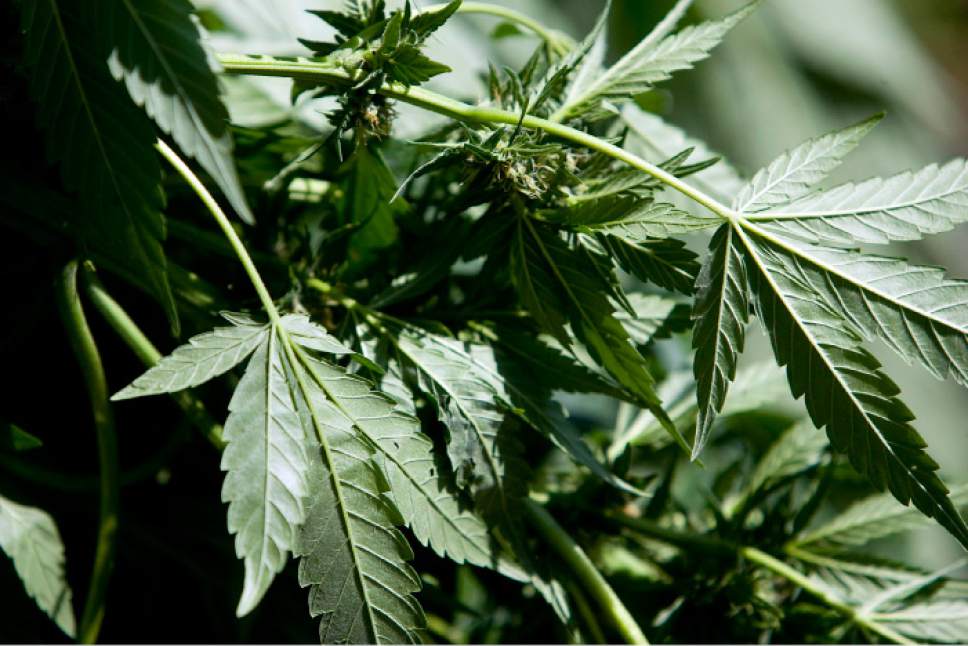This is an archived article that was published on sltrib.com in 2017, and information in the article may be outdated. It is provided only for personal research purposes and may not be reprinted.
Republican Rep. Brad Daw thinks the dozens of states that have implemented medical marijuana laws have approached the issue incorrectly.
Instead of determining what constitutes medicine through science and research, Daw said, they have done so through legislative or initiative-bound mandate.
"It became clear to me that we need to do it the right way," said Daw, from Orem. "Let's let the research be the guiding factor to decide what is medicine and what is not."
Lawmakers took a first step to that goal Monday, when a House committee unanimously approved Daw's measure allowing for expanded research into medical marijuana in the state.
HB130 would allow researchers who conduct institutional review board-approved studies to possess and administer cannabinoid products to an individual involved in the study, as well as import the products and cannabis for the study from another state as long as they comply with federal law and are obtained from the National Institute on Drug Abuse.
Last week, Utah lawmakers announced that they would not consider legalizing medical marijuana this year given the uncertainty of whether President Donald Trump's administration will enforce federal marijuana laws.
Instead, they said they would push bills, such as Daw's, to fund local research into marijuana's potential benefits.
State lawmakers tried to legalize medical marijuana last year with two dueling bills, but a compromise proposal failed in the legislative session's final hours when legislators found that there was no money to implement the program.
Lawmakers did, however, pass a law in 2014 that allows Utahns with severe epilepsy to import whole-plant cannabidiol extracts from states where medical marijuana is legal.
Under that law, the Utah Department of Health issues hemp extract registration cards to qualified individuals. From July 2014 to October 2016, 166 cards were issued, according to a department report.
With the help of $40,000 from the state, the U. will conduct a study analyzing individuals with these cards. The U. is projected to complete the study by February 2018.
As of November, 28 states and Washington, D.C., have legalized medical marijuana in some way, according to the National Conference of State Legislatures.
Michelle McOmber, Utah Medical Association CEO, spoke in favor of the legislation at Monday's hearing, saying more research was needed to determine the efficacy of medical marijuana.
"Marijuana right now is not medicine," McOmber said. "The plant is not medical marijuana, it has not been run through the drug medicine approval process, it has not been scientifically proven."
Twitter @alexdstuckey



